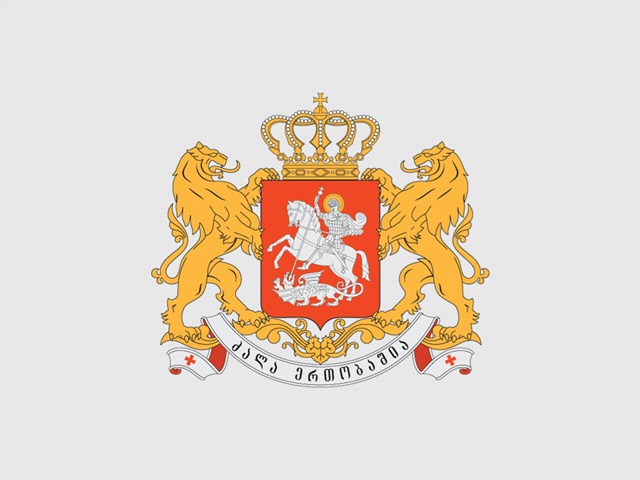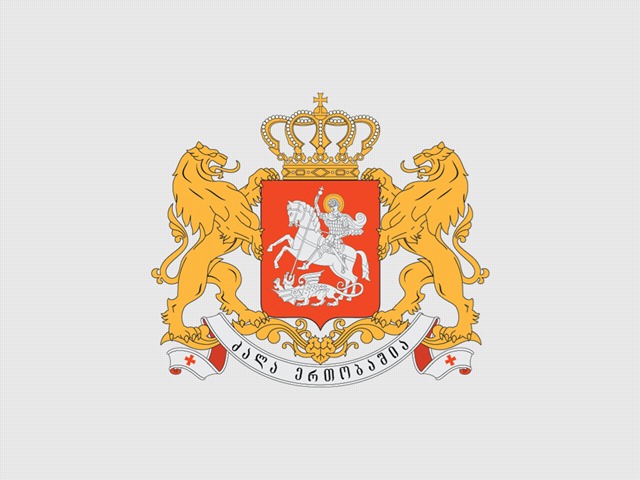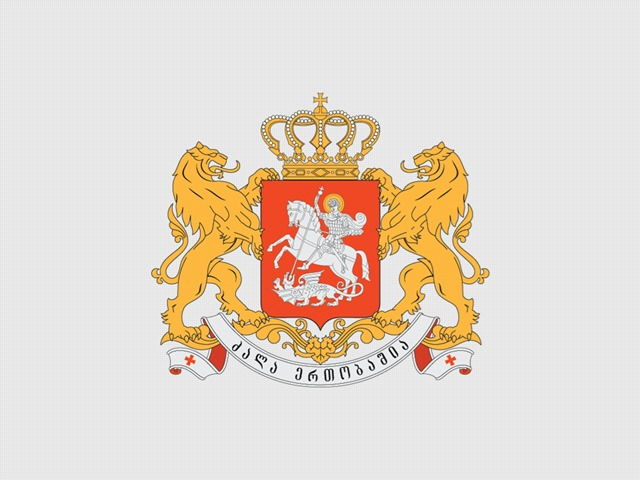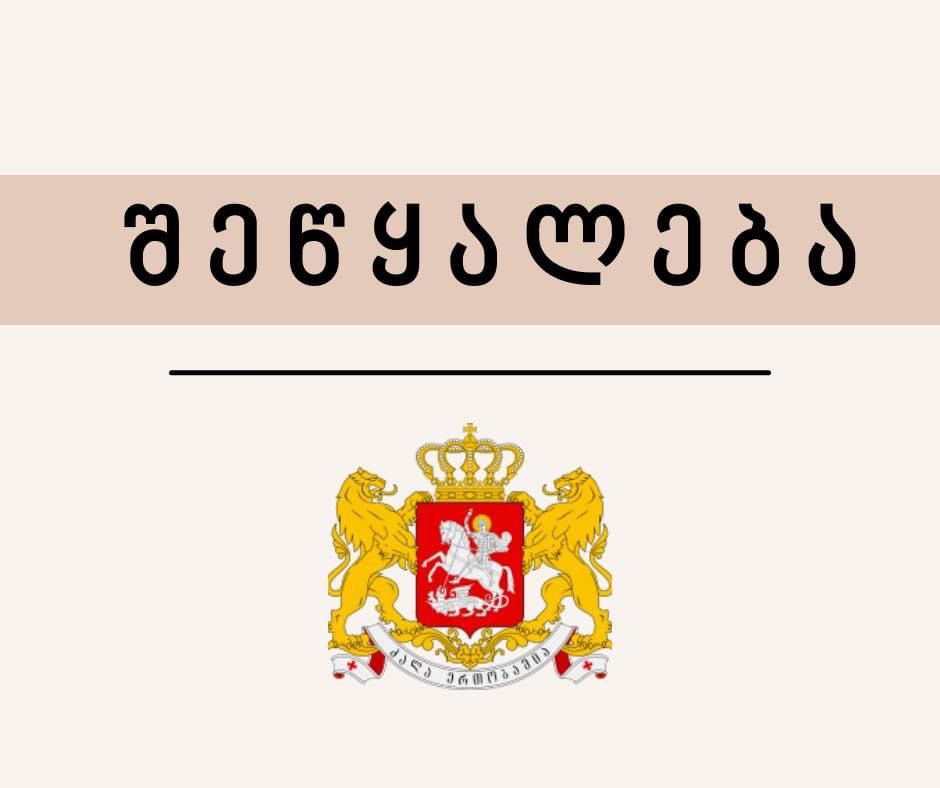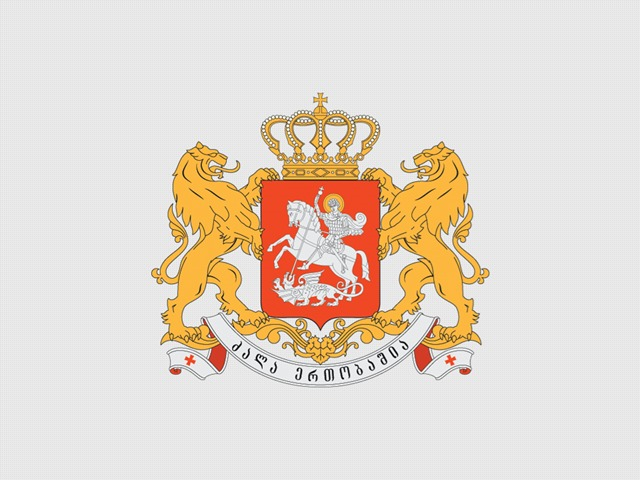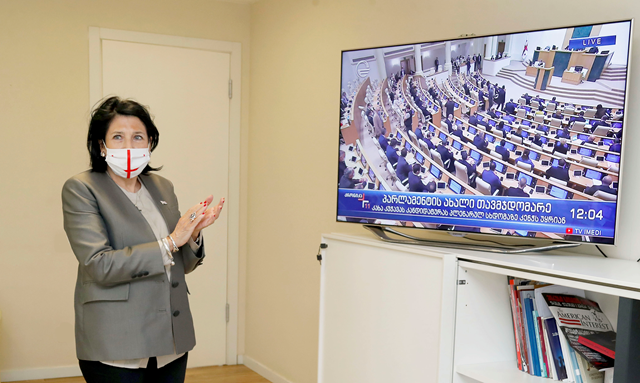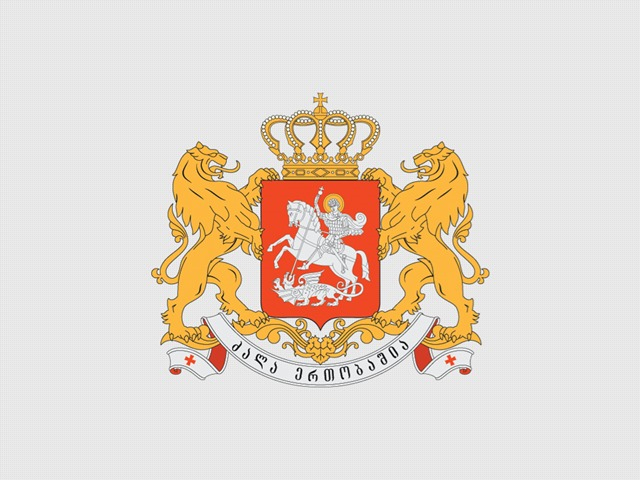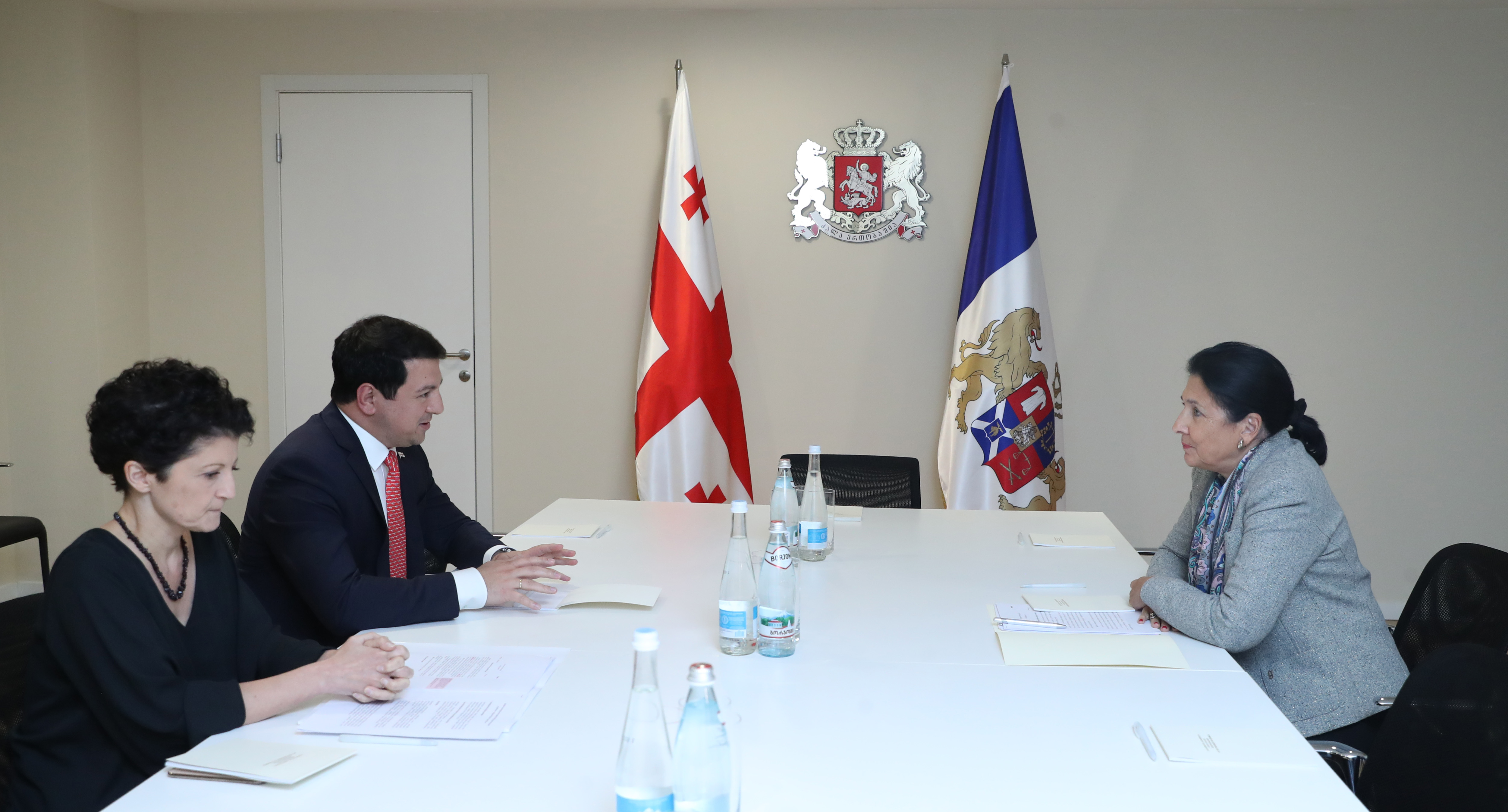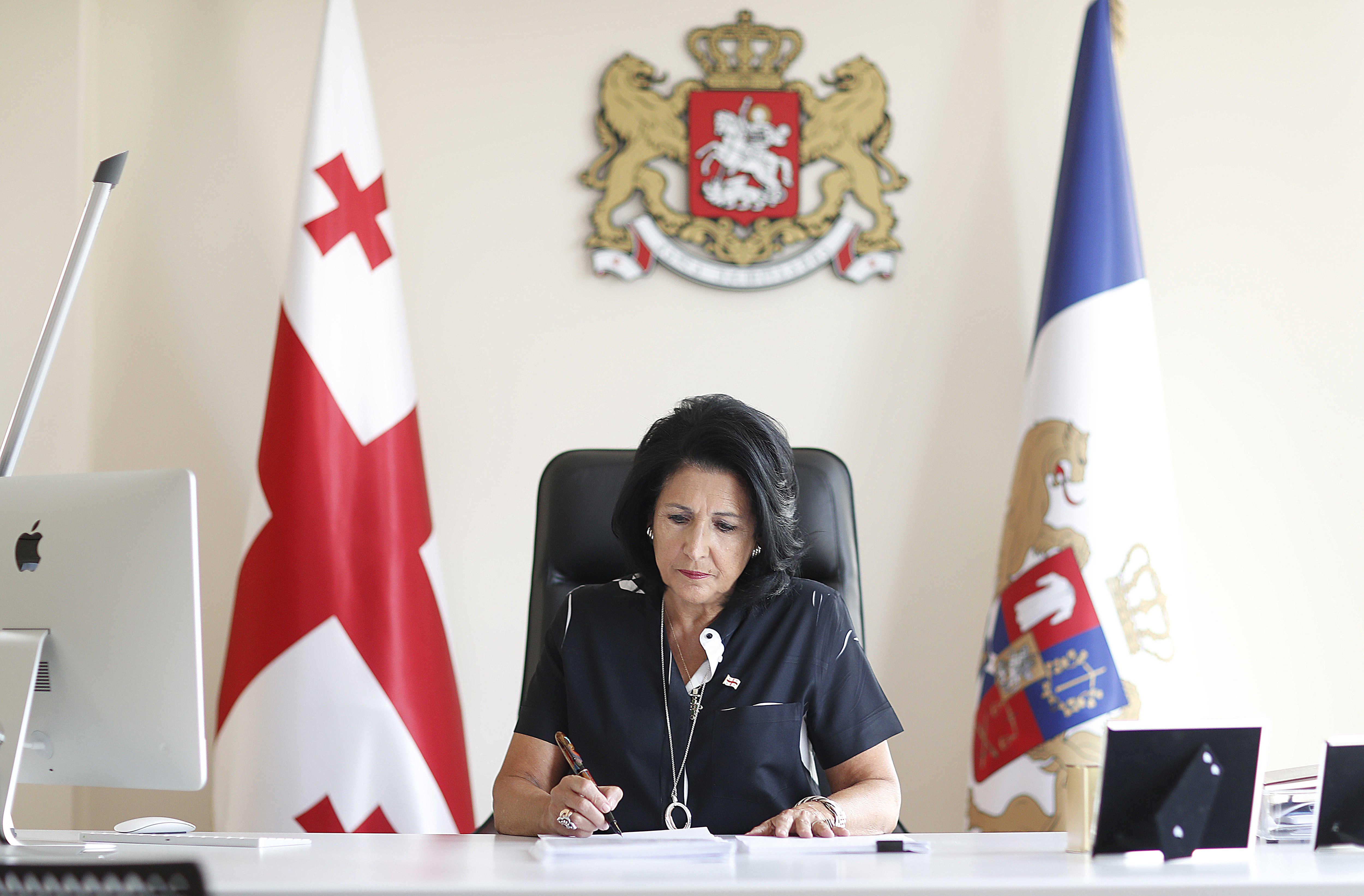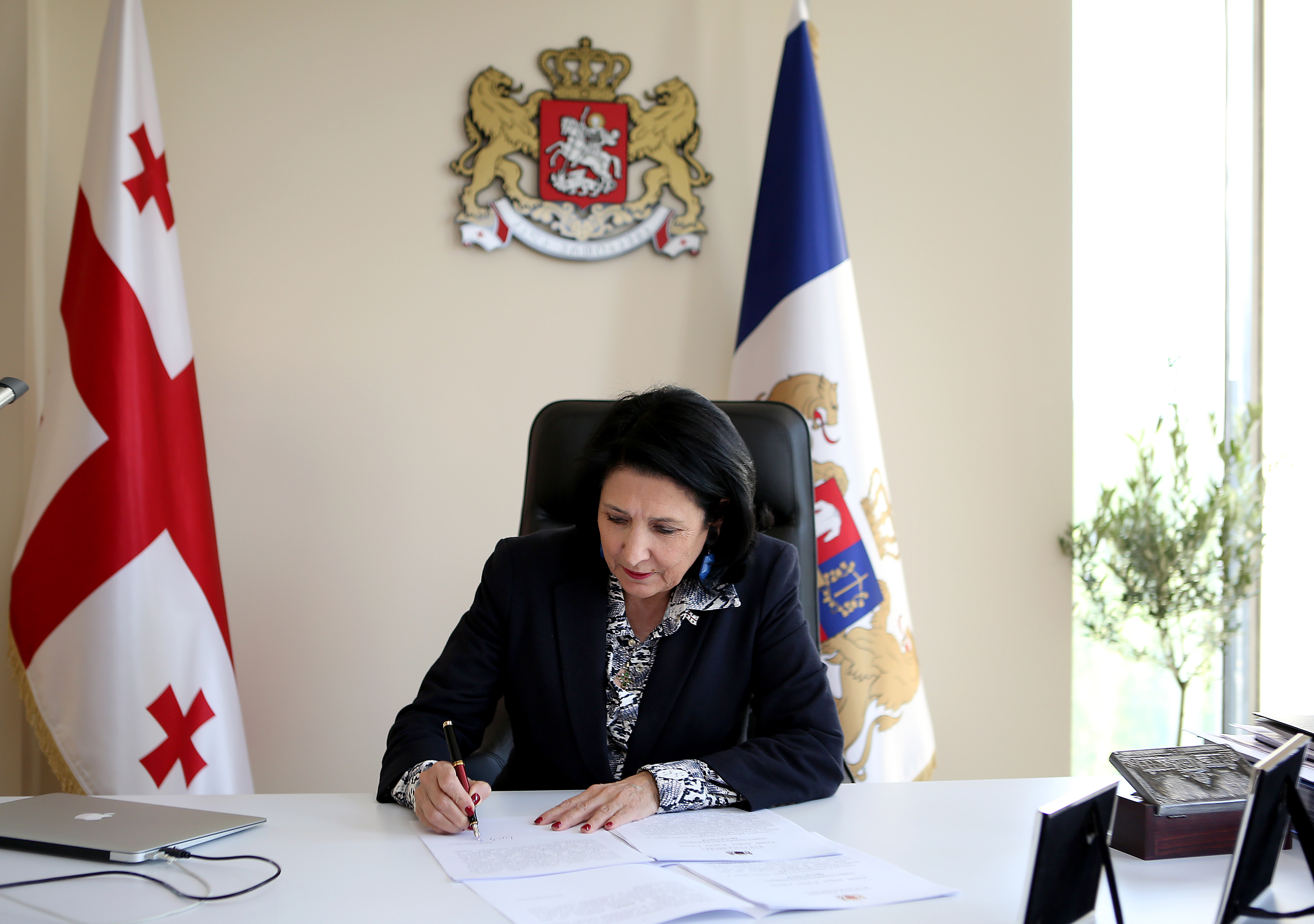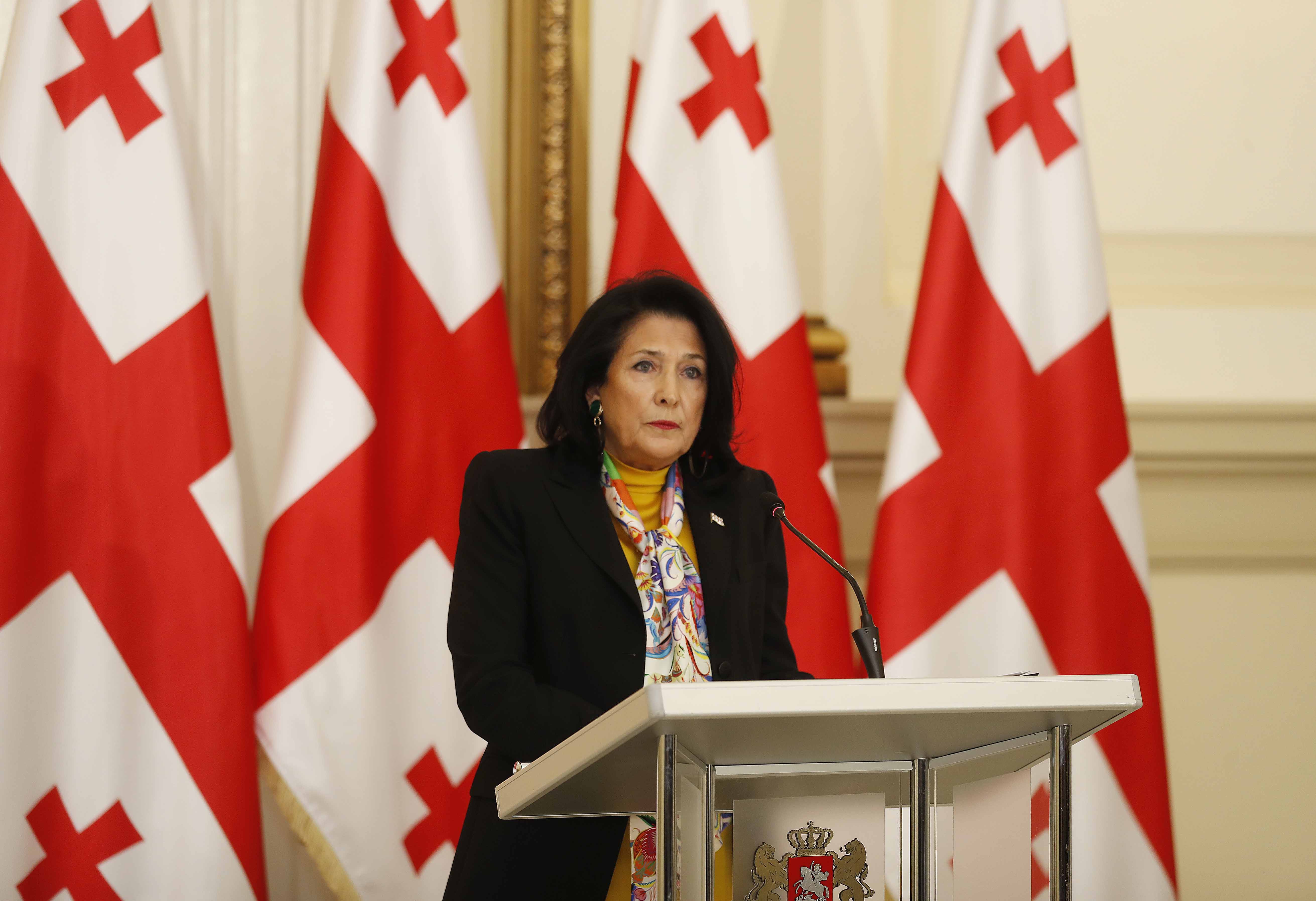
President Salome Zourabichvili pardoned five inmates ahead of Christmas and held a press conference on the matter at the Orbeliani Palace today.
“2019 is over and the New Year has started with the unification of our society around some important, although few, issues.
“With an upcoming election year, at a time when tensions and escalations are current in and around our region, maintaining unity and peace, overcoming polarization and hate is of vital importance. De-escalation should be the predominant goal in our country and beyond its borders, and it will be my main goal for this year.
“Last year’s pardoning triggered certain emotions in society. Following this, by my own initiative, the pardoning process was temporarily suspended until new criteria could be developed. On the one hand, we were inspired by current international practices, and on the other hand, we consulted with relevant agencies. Through this process, a new pardoning rule was developed.
“We tightened the new criteria for grave crimes such as murder, recidivism, domestic violence, child abuse, import or purchase of narcotics. Meanwhile, we softened the process misdemeanors. I set for myself the mentioned criteria, as no one can limit the constitutionally-granted discretionary power of the President.
“Once again, I would like to reiterate what I already emphasized a year ago in my first parliamentary address. Clemency, as it is set in democratic countries, must be used for exceptions. It can neither be an instrument for judicial correction, nor can it stand superior to the courts.
“In fully adhering the new pardoning criteria, and in consideration of all circumstances (including the view of the victims), today’s clemency act pardons five individuals.
“I would like to underline that this list, as was the case last year, was formed under my sole responsibility.
“Regarding the publicized case of Archpriest Giorgi Mamaladze, I followed, herewith, the main principle, which is to not provoke any new confrontation in society by my decision.
“Regrettably, the politicization of the mentioned case, and the characteristics of the crime itself have caused strong reactions and harsh statements made by politicians or clergymen did not contribute to the decision-making process. This process calls for peacefulness and fewer emotions.
“However, I have thoroughly listened to the arguments of the attorneys, thoroughly learned the application of the Holy Synod, and made a decision, which I bear full responsibility for.
“First and foremost, this decision stands on the principle of impartiality. I could not find an argument, especially under the tightening conditions of the pardoning criteria when many cases of inmates could not be reviewed, as to why an exception should be made in the case of the detained archpriest.
“This decision also stands on ensuring public peace, with a large part of the Georgian population that would not understand or agree with granting clemency for such a crime. Today, more division, more confrontation might endanger the future of our state.
“Another argument stands on the historical specificity of the Georgian statehood. The Georgian state is indivisible from the Church. The Church that has always been on the road to independence. An attack on the Church, defamation of its authority, has been and still is equal to a weakening of Georgia’s statehood. This is why any attack on the Church is inadmissible.
“It is clear for me, both personally and as the President, that while the Georgian state faces many challenges, destroying the life and authority of the Patriarch, the person who has played an outstanding role in Georgia’s independence, in reestablishing the Church and in restoring spirituality, is an encroachment on Georgia.
“Finally, let my underscore that this is my firm decision. Had I taken another decision, I would have no answer on how to raise our children and our next generation.
“Perhaps, you may ask, why I refused to consider the request of the Holy Synod. The answer is that while pardoning is of the Church, granting clemency is a state matter and the two are different from each other. In a different case, the Constitution would have left the Church this discretionary right.
“World examples clearly illustrate this difference: Pope John Paul II forgave the crime of his attacker a few months after the fact, but the attacker was released from prison after 19 years of imprisonment by presidential clemency.”
